Infection and Immunity nieuws
Dec 16: Flu antiviral has bigger benefits for sicker, older patients
A Europe-wide study conducted over three flu seasons finds that the antiviral drug, oseltamivir, can help people recover from flu-like illness about one-day sooner on average, with older sicker patients who have been unwell for longer recovering two-to-three days sooner.
Read moreDec 13: Pneumococcal vaccine postpones ear infection
The pneumococcal vaccine that newborn babies receive postpones ear infection (otitis media) in young children. This was reported in PhD research by Sander Fortanier. "Ear infection is painful, regularly leads to a visit to the doctor and is an important reason for antibiotic use," he explains.
Read moreNov 22: Biomarkers reflect disease activity in juvenile dermatomyositis
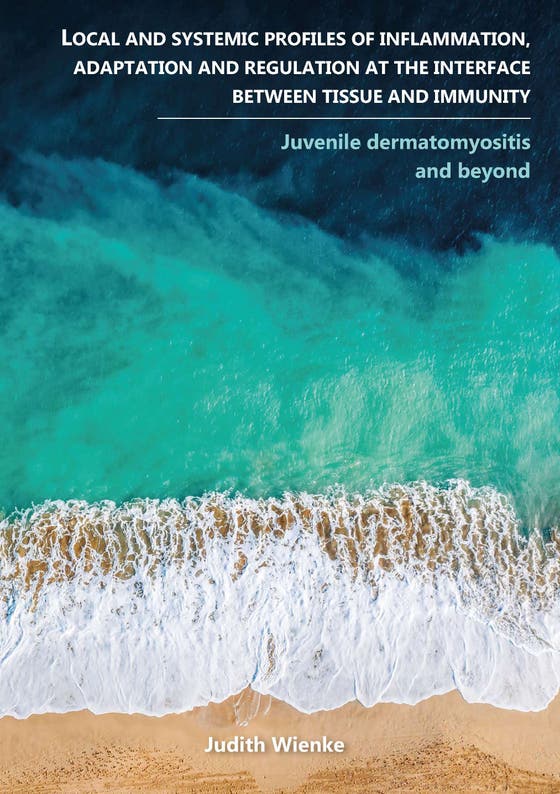
Biomarkers galectin-9 and CXCL10 reliably reflect disease activity of juvenile dermatomyositis (a systemic inflammatory disease starting in childhood), and may also predict disease severity and response to treatment.
Read moreNov 21: Rapid diagnostics improves patient flow during the flu season
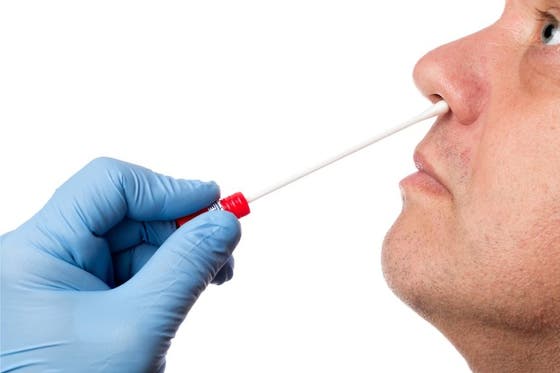
The introduction of a rapid diagnostic test for respiratory viruses such as the influenza virus reduces the time to diagnose flu from 40 to 4 hours. As a result, isolation measures can be applied in a more targeted manner, as a result of which the flow from the ER department to the nursing wards improves, resulting in fewer capacity issues. In addition, patients can be treated with antiviral medication more targeted and faster.
Read moreNov 6: Poor adherence to guidelines and increased costs with molecular test in gastroenteritis
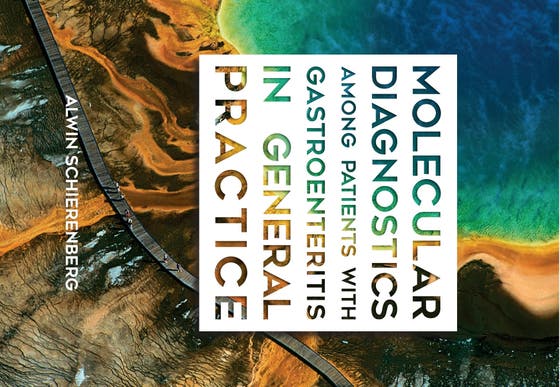
Current general practice management of gastroenteritis – including diagnostic feces testing (DFT) – demonstrates poor adherence to guidelines. Use of a new molecular feces test is associated with a 22 percent increase of costs when compared to traditional feces testing. The new test would have changed clinical decision making with regard to antibiotic treatment in 1 out of 12 patients. This was concluded by Alwin Schierenberg in his PhD research at UMC Utrecht.
Read moreNov 4: Sepsis responsible for huge healthcare costs
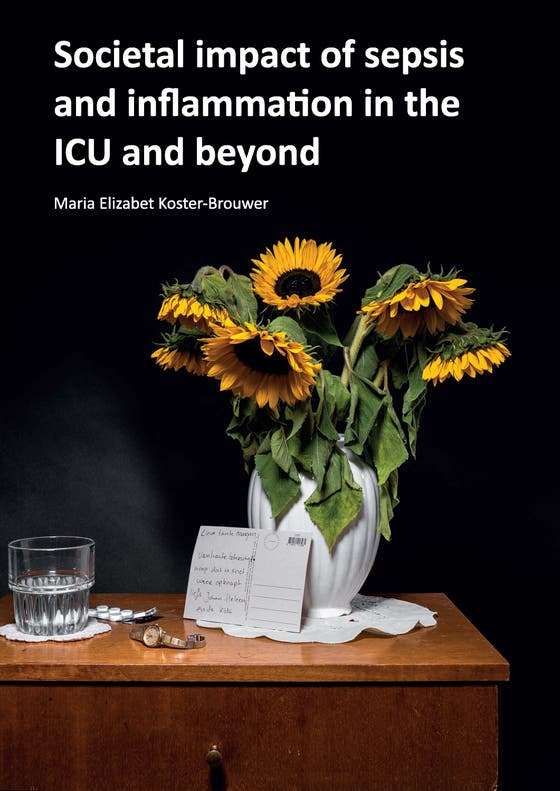
The treatment of sepsis causes a huge cost for healthcare in Dutch hospitals. There seems to be little room for cost savings here, according to PhD research by Marlies Koster-Brouwer from the UMC Utrecht.
Read moreOct 11: Suboptimal pain management in acute middle ear infection in children
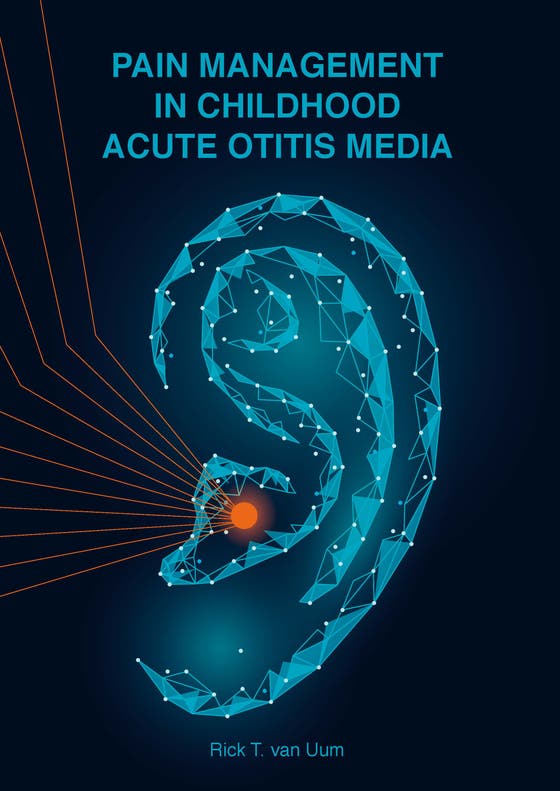
Pain management in acute middle ear infection in children appears suboptimal. This was concluded by Rick van Uum who defended his PhD thesis on October 10 in Utrecht. He proposes that future research should focus on parents’ barriers to giving pain medication in high dosage, as well as on the effectiveness of other types of pain medication, such as analgesic ear drops.
Read moreSep 24: Antimicrobial resistance in the Dutch population
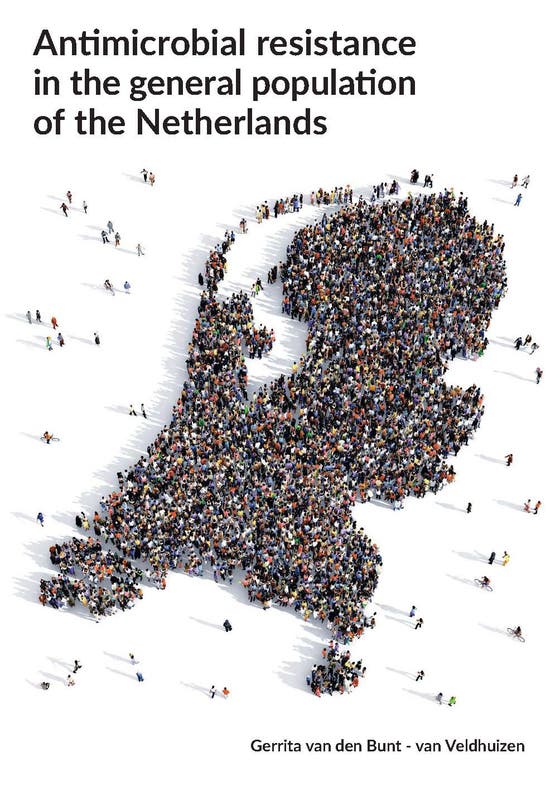
About 5 percent of the Dutch population carry ESBL producing bacteria. The most important predictors for carrying resistant bacteria were related to foreign travel and poor household hygiene. This was concluded by Gerrita van den Bunt-van Velthuizen who defended her PhD thesis on September 19 in Utrecht.
Read moreSep 4: Human-to-human transfer is the main source of ESBL antibiotic resistance
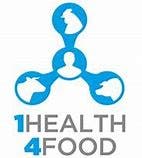
Researchers from National Institute for Public Health and the Environment, Utrecht University, UMC Utrecht, the Animal Health Service and Wageningen Bioveterinary Research (all members of the ESBLAT consortium) have previously shown that ESBL antimicrobial resistance is common in humans, animals, food and the environment. However, ESBL types in humans were found to differ from those in animals and food. The most important source of contamination for humans remained unknown until now. New research published in The Lancet Planetary Health shows that humans themselves are the most important source of ESBL antibiotic resistance.
Read moreSep 3: How complement kills bacteria: prospect of a new mechanism for antimicrobials?
In Europe, thousands of people die each year as a result of infection with bacteria that are resistant to antibiotics. The development of new antibiotics is difficult, but PhD research by Dani Heesterbeek at UMC Utrecht on the use of the complement system to aid antibiotics offers new opportunities in the battle against antimicrobial resistance.
Read more